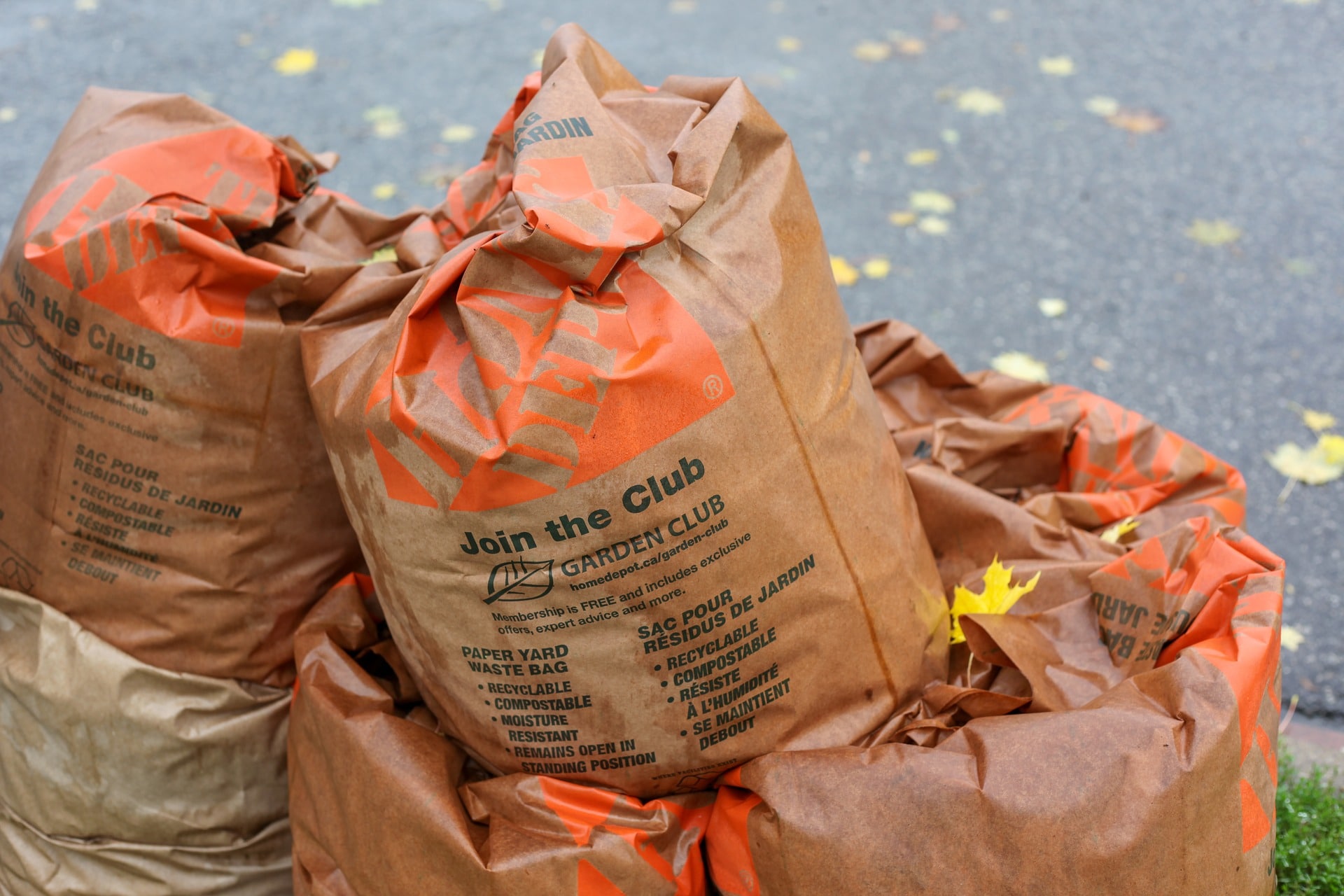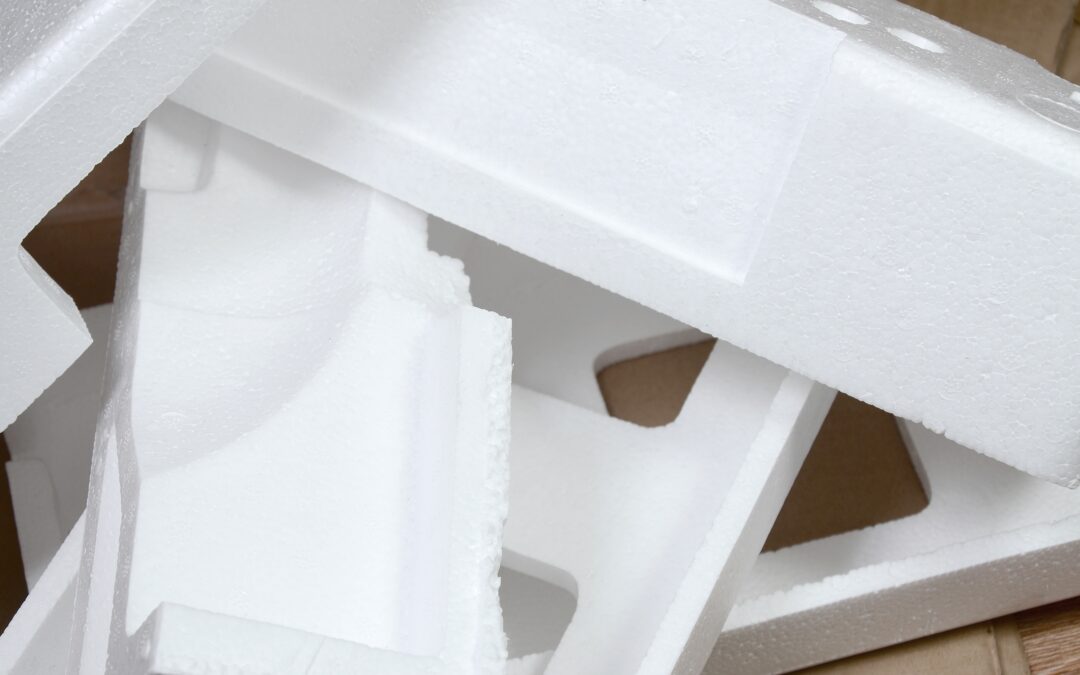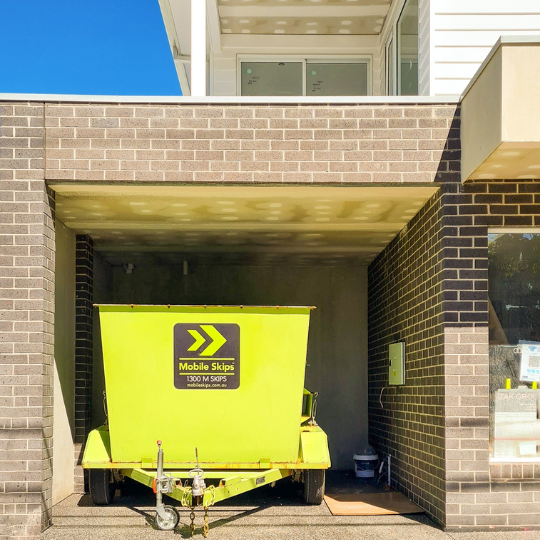With the overall increase of ongoing human-based activities on the planet, there is no denying the fact that excessive waste gets produced. Most of the waste items tend to be either organic or inorganic. If you are concerned about the future of the planet, then you should be conscious of the type of waste you are generating. In this post, we will help you understand all about different types of waste materials, and how you can handle the same.
Points of Differences Between Organic Waste and Inorganic Waste
If you are not aware of it, there are several points of differences between organic and inorganic waste materials. Most of the major differences originate from the fact that both types of waste materials are derived from different sources. Some of the important points you should know about are:
- The first major point of difference between the two is that organic waste is produced out of living organisms. On the other hand, inorganic waste is the result of human intervention or non-living organisms.
- Another difference between the two is that organic waste items are composed of carbon & hydrogen bonds. On the other hand, chemical or inorganic waste does not have any trace of carbon bonds in them.
- Organic waste gets affected by heat while burning naturally. On the other hand, inorganic waste does not burn on its own.
- While organic waste is composed of once-living or living organisms, inorganic waste matter is only known to consist of non-living substances while featuring mineral-like characteristics.
- Upon further in-depth analysis, it has been observed that organic waste turns out to be more complex in comparison to inorganic waste. This is primarily due to the overall composition of organic matter.
- Organic waste is not able to form salt. On the other hand, inorganic matter tends to be soluble in water. Therefore, it is readily capable of forming salts.
- Organic waste is known to reflect slower rates of reaction in comparison to inorganic waste. This is because of the more complex products that get formed upon the reaction between organic matters.
Examples of Organic Waste
- Paper
- Food remains
- Cardboard
- Coffee berries
- Banana peels
Examples of Inorganic Waste
- Cellophane
- Aluminium cans
- Plastic bottles
- Yogurt cups
- Spoons
- Glass
Disposing Organic Waste
Do you wonder why is it easier to dispose of organic waste in comparison to inorganic waste? This is because most organic waste tends to be biodegradable in nature. Therefore, these can be easily disposed of.
One of the most common ways of disposing of organic waste is in the form of incinerators or through landfills. However, because of the requirement of keeping our planet safe as well as conducive, incineration does not turn out to be the best option available out there. This is because incineration leads to the production of harmful fumes.
At the same time, the ongoing increase in the number of landfills all around the world has made it necessary to look out for eco-friendly ways of disposing of organic waste. As everyone looks forward to living in a cleaner and healthier environment, improved ways of organic waste handling like recycling are highly sought-after.
In addition to landfills, yet another method in which organic waste can be disposed of is by using waste items like food remains for feeding farm animals or in the form of manure.
Disposing Inorganic Waste
Most people feel that disposing of inorganic forms of waste items like glass or plastics turns out to be a daunting task. However, it is equally important to understand this type of waste is non-biodegradable. Therefore, this turns out to be unfriendly and harmful to the environment. One of the best ways of disposing of inorganic or chemical waste is by recycling the same. With the help of the latest technological advancements, now it is possible to recycle almost all types of inorganic waste items.
Recycling Organic & Inorganic Waste Items
If you are quite active on the internet or even mainstream media, you must be aware of the campaigns involving proper handling of waste items to save the planet from the harmful effects of global warming. In most of the famous campaigns out there, it is recommended that we should use greener, cleaner, and modern techniques during waste handling to minimising the overall level of pollution & global warming.
Recycling Organic Waste
As per the claims of the United Nations Food & Agriculture Organization, it is estimated that around 1.3 tonnes of food or organic matter get wasted all around the globe. Food wastage is known to take place at varying levels of the entire global food system –across farming, food processing, food transportation, retailing, food preparation, and consumption.
When organic waste ends up in landfills, the massive layers tend to decompose while producing GHG or Greenhouse Gases like methane. Methane is known to be 21 times more potent in comparison to carbon dioxide to serve as a heat-trapping gas.
If you wish to minimise your carbon footprint on the planet, here are some of the ways in which you can recycle organic waste:
- Kitchen & Garden Waste Compost: It is believed that around 90 percent of the garbage that is thrown away by cafeterias, households, or supermarkets tends to be in the form of recyclable food waste. Composting turns out to be one of the most eco-friendly and undemanding ways of recycling organic waste materials. In case your neighbourhood features a common composting facility, then you can consider dumping your organic waste items there. On the other hand, you can also create your own on-site composting ground for handling waste items like greens, food leftovers, recyclable packaging materials, and browns.
You can also consider worm composting that can be implemented indoors –even in your apartment. With vermiculture or worm composting, you can recycle food waste items into nutrient-rich compost.
- Putting Your Waste to Work: In case composting is not an option for you, putting waste to work can still be an option. For instance, you can offer waste to some local farmer. Also, you can contribute the waste material to the neighbourhood’s compost pile. You can also consider recycling your waste items at a local solid waste facility. Taking your waste items to the nearest organic waste recycling centre is also a great option.
For recycling your organic waste, you can also consider installing a recycle bin in your house. You can throw in all the organic waste items into this bin while the concerned authorities can collect the same once or twice a week.
- Creatively Using Leftovers: You can get creative with the organic leftovers to recycle the same. Some of the innovative ideas are:
- Using banana peels for polishing the leaves at home
- Using refrigerated potatoes in bread or for potato pancake
- Using leftover broccoli or greens to prepare a healthy soup or smoothie
- Preparing breadcrumbs out of stale bread and freezing the same
Recycling Inorganic Waste
Inorganic or chemical waste imposes a major challenge to the surrounding environment. Due to this reason, all inorganic waste items should be disposed of in a manner that turns out to be sustainable for the environment. You can recycle the same properly or allow the waste management recycle centre to handle the same.
Inorganic waste items like glass, plastic items, fibreglass, aluminium parts, and tires can be sent back to the respective production or manufacturing units. Most of the production units accept these waste materials to serve as raw materials for the production of various products.
Conclusion
The overall requirement of making the environment greener & cleaner is by reducing waste in the first place. With the steps that are mentioned in place, you can look forward to making significant contributions towards promoting and creating a waste-free environment. Effective management of both organic as well as inorganic waste items should be a pivotal step towards creating a rubbish-free and sustainable environment.
If you are facing issues with waste handling or management on your own, it is always recommended to hire services from the experts –most preferably, concerned local authorities. By doing this, you can minimise your overall carbon footprint on the planet while making way for a healthier, greener, and cleaner environment for you and your family to live in.






